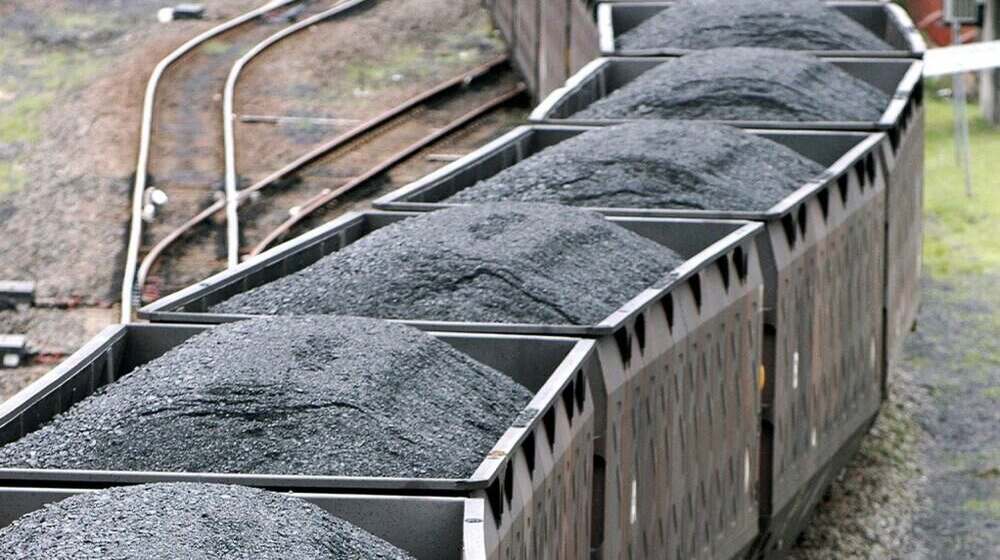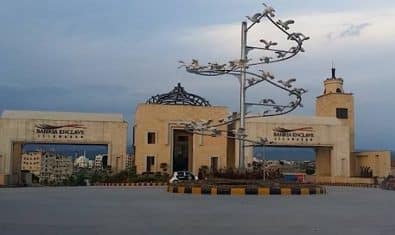As Pakistan prepares for another tough summer of power outages and load shedding, the government is under pressure to find solutions to the ongoing energy crisis.
One potential remedy being proposed is the promotion of local coal, particularly Thar coal, which could offer an affordable and abundant source of electricity. However, with heavy imports of coal continuing to pose a significant challenge, the government is being urged to impose both tariff and non-tariff barriers to restrict imports and incentivize Thar coal projects. By doing so, the country could reduce its reliance on imported coal and provide much-needed relief to its citizens.
“This will help the national economy, so imports of coal should either be stopped or discouraged,” according to economist Shahid Sattar. He recommends that the government incentivize Thar coal projects by providing tax reliefs and implementing structural changes with a broader vision.
Sattar believes that three things are necessary to make the Thar coal project a success: implementing a carbon tax on coal imports, properly marketing Thar coal, and giving tax incentives to Thar coal projects.
The cost per unit of energy generated from Thar coal was around Rs. 7 to 9/kWh in FY 2021-2022, making it one of the cheapest baseload fuels available locally. In comparison, power generation from plants using imported fuel coal costs around Rs. 16 to Rs. 35/kWh. Therefore, Thar coal is critical in providing affordable electricity to the country. During March 2023, the total power generation from Thar coal was 1,060 GWH, which accounted for 12 percent of the total power generated in the country.
“Thar coal is one of the cheapest baseload fuels of energy,” says Syed Saifullah Kazmi, Head of Investment Banking at Intermarket Securities Limited. “For instance, Phase III expansion has the potential to save the country’s forex reserves approximately $1.2 billion on an annual basis. With Phase III expansion, the cost of the indigenous coal will significantly become more affordable as compared to the imported coal.”
However, Kazmi acknowledges that there are issues and challenges hampering the full utilization of Thar coal. Some letters of credit (LCs) have been opened but support is also required for clearing of the foreign payments to ensure timely expansion of the project.
“In these turbulent times, policymakers need to consistently get involved in solving these challenges related to the Thar coal project” he added.
Thar coal holds immense potential to address Pakistan’s energy crisis and provide affordable electricity. With a focus on incentivizing Thar coal projects and reducing the reliance on imported coal, Pakistan can overcome its energy challenges.





















